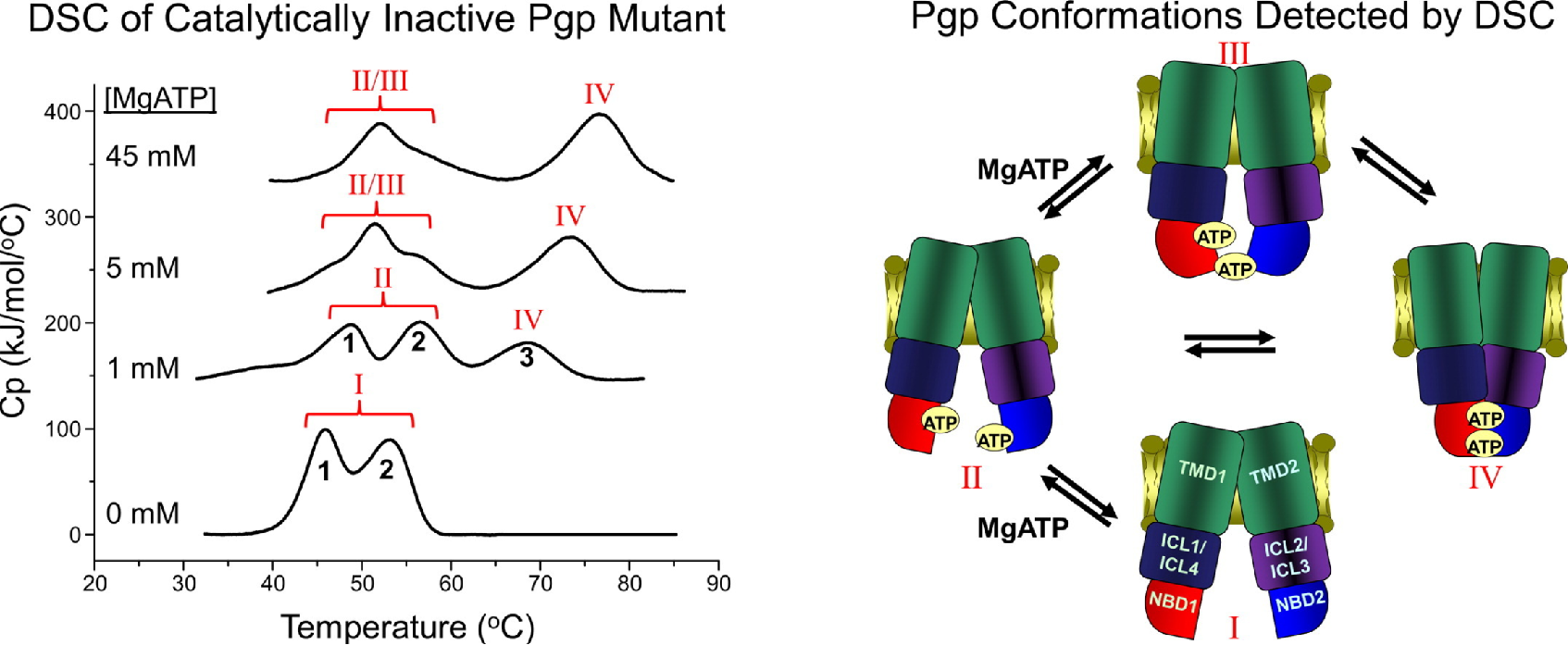Glycoprotein Differential Scanning Calorimetry Analysis Service
- Evaluate stability of therapeutic glycoproteins during formulation, storage, and transport.
- Support comparability assessments between biosimilars and reference products.
- Characterize the impact of glycosylation on protein folding and unfolding behavior.
- Guide protein engineering by assessing the effect of mutations or glycan modifications on stability.
- Provide thermodynamic insights into glycoprotein–ligand binding interactions.
- Study structural responses of glycoproteins to environmental changes such as pH, ionic strength, or excipients.
- Contribute to basic biological research on the role of glycans in protein structure and function.
- Support food and industrial biotechnology by optimizing processing conditions that preserve glycoprotein functionality.
Glycoproteins are essential biomolecules that perform diverse biological functions, including cell signaling, immune regulation, enzymatic activity, and structural support. Their function and stability depend on their complex three-dimensional structures, which are often modulated by covalently attached glycans. Understanding glycoprotein stability is critical for biopharmaceutical development, protein engineering, and structural biology research.
Differential Scanning Calorimetry (DSC) is a powerful analytical technique for measuring the thermal stability of biomolecules, providing direct and label-free assessment of folding and unfolding transitions. By monitoring the heat capacity changes of a glycoprotein as it is heated or cooled, DSC reveals important thermodynamic parameters such as melting temperature (Tm), enthalpy (ΔH), and cooperativity of unfolding. For glycoproteins, DSC can also be used to evaluate the effects of glycosylation on structural stability, detect conformational changes induced by mutations or modifications, and compare stability profiles across batches or formulations. In the context of therapeutic glycoproteins, DSC analysis plays a key role in determining formulation conditions, optimizing storage and transport parameters, and ensuring product consistency in compliance with regulatory guidelines. For academic research, it provides essential insights into the relationship between glycosylation patterns and protein stability, aiding in the design of more robust biomolecules.

Figure 1. Differential Scanning Calorimetry (DSC) Reveals Conformational States of Mouse P-glycoprotein (P-gp) and Its Catalytically Inactive Mutant
Service at MtoZ Biolabs
MtoZ Biolabs provides a comprehensive Glycoprotein Differential Scanning Calorimetry Analysis Service to support stability characterization for research, development, and regulatory applications. Our advanced DSC platform is optimized for glycoprotein samples, minimizing interference from buffer components and ensuring high-resolution thermograms.
Our service offerings include:
💠Thermal Stability Evaluation
We assess the heat-induced unfolding of glycoproteins to determine melting temperature (Tm), enthalpy changes, and cooperativity. By optimizing the temperature range, we provide precise insights into the thermal robustness of glycoproteins under different conditions, supporting formulation development and quality control.
💠Ligand Binding Studies
Our DSC-based ligand binding analysis allows the direct measurement of binding affinity and thermodynamic parameters without the need for labels. This includes the determination of binding enthalpy, dissociation constants, and kinetic parameters, providing a detailed understanding of glycoprotein–ligand interactions and their biological significance.
💠Comparative Analysis
We offer systematic comparisons across glycoprotein variants, production batches, or environmental conditions such as pH, ionic strength, or excipient composition. These studies identify subtle structural and stability differences, enabling clients to evaluate biosimilarity, assess the impact of engineering strategies, or optimize manufacturing processes.
Analysis Workflow
1. Instrument Preparation
The DSC system is calibrated and configured to provide accurate thermal control across a defined temperature range. Sensitivity is optimized to capture even minor changes in heat capacity, and reference baselines are established before measurements begin.
2. Sample Preparation
Appropriate buffer conditions are selected to ensure solubility and structural stability of the glycoprotein. Samples are adjusted to optimal concentration levels to obtain reliable heat flow signals while minimizing background interference.
3. Experimental Procedure
The prepared glycoprotein sample is carefully introduced into the DSC cell. The system performs a controlled temperature scan, gradually heating or cooling the sample while monitoring variations in heat flow. These changes are continuously recorded to generate thermograms that reflect unfolding events or binding interactions.
4. Data Processing and Analysis
Acquired thermograms are subjected to baseline correction and mathematical modeling. Thermodynamic parameters such as melting temperature (Tm), enthalpy change (ΔH), and unfolding cooperativity are extracted. Results are then interpreted to provide insights into glycoprotein stability, folding behavior, and ligand binding properties.
Service Advantages
☑️Advanced Instrumentation
High-sensitivity DSC platforms capable of detecting subtle heat flow changes, ensuring precise measurement of glycoprotein thermal transitions.
☑️Specialized Expertise
A team of experienced scientists with deep knowledge in glycoprotein structure, glycosylation, and thermodynamic analysis, delivering reliable data interpretation.
☑️Comprehensive Insights
Integration of DSC results with glycosylation profiles and structural studies to provide a complete understanding of glycoprotein stability and functionality.
☑️High Efficiency
Optimized workflows for fast turnaround without compromising data accuracy, supporting both research and industrial timelines.
☑️Customizable Solutions
Flexible service options tailored to project-specific requirements, including formulation studies, ligand binding assessments, and batch comparisons.
Applications
Sample Submission Suggestions

All samples should be kept on ice during processing, and stored at –80°C prior to shipment. Ship samples on dry ice with proper labeling and accompanying documentation.
If you have special sample types or require additional guidance, please contact us for personalized support before sample preparation.
Deliverables
1. Experimental Procedures
2. Relevant Instrument Parameters
3. Raw Data
4. Thermal Stability Analysis Results of Glycoprotein
Related Services
Glycoprotein LC-MS Disulfide Bridge Mapping Service
How to order?







